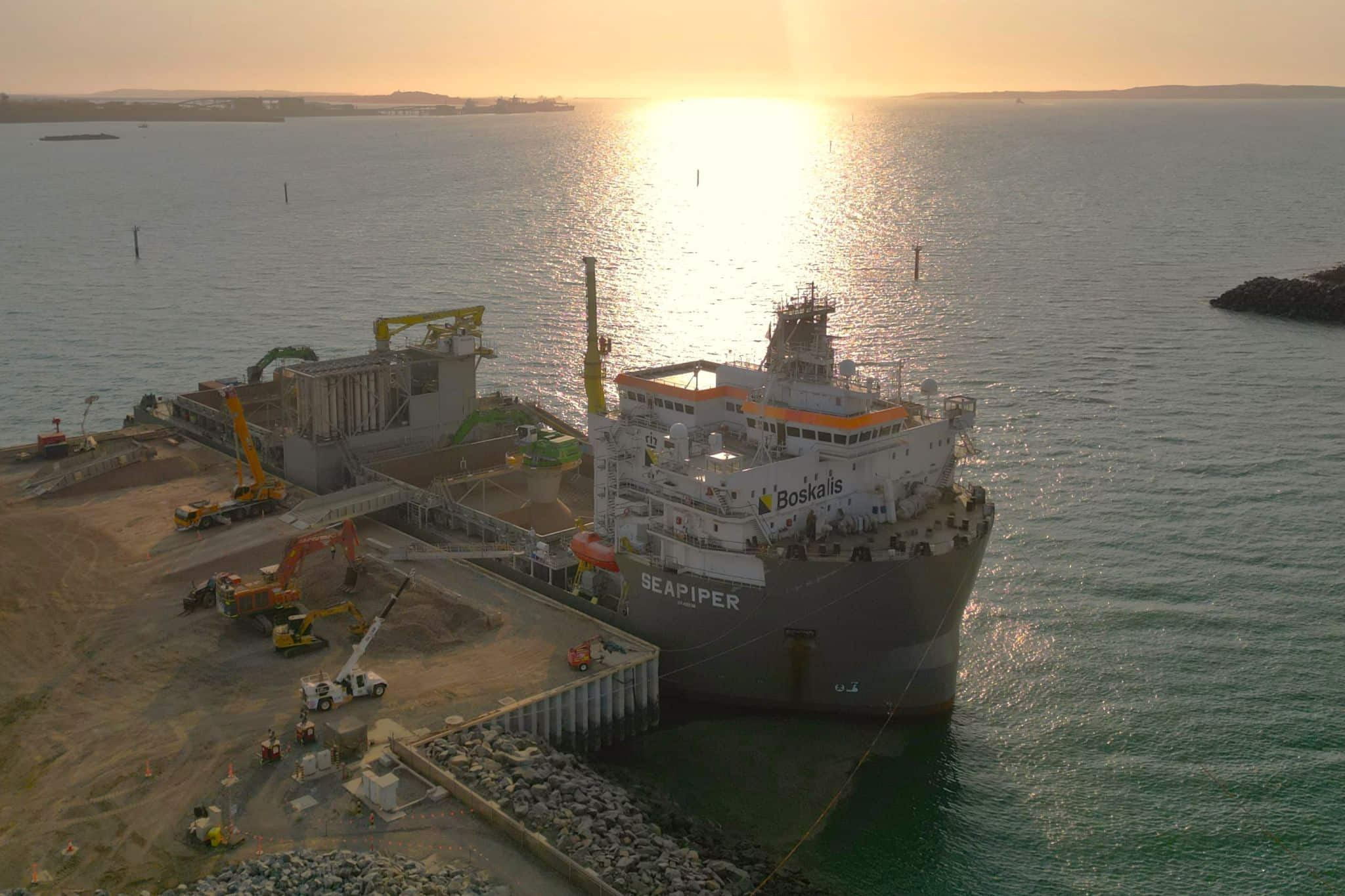PM disappointed with BHP nickel shutdown: ‘We’ll be holding them to account’

- by Admin
- July 11, 2024

“The transition period will commence from July 2024. Operations will be suspended in October 2024, and handover activities for temporary suspension will be completed by December 2024,” BHP said.
BHP said it intended to review the temporary closure by February 2027.
The miner said it would offer Western Australia Nickel frontline employees another role within BHP or the choice of taking a redundancy. It will also establish a $20 million community fund to support local communities during the temporary suspension.
Loading
The mining giant wrote down the value of its loss-making nickel operations by $3.8 billion this year. At the time, chief executive Mike Henry said the company was reviewing the operation and could potentially shutter them.
“The decision to temporarily suspend Western Australia Nickel follows oversupply in the global nickel market. Forward consensus nickel prices over the next half of the decade have fallen sharply reflecting strong growth of alternative low-cost nickel supply,” the company said in a statement to the ASX on Thursday.
BHP’s review followed a surge in nickel supply out of Indonesia last year that slashed global prices and shuttered Australia’s nickel sector seemingly overnight. The glut prompted the closure of a handful of Australian mines and crisis talks between the Albanese government and the nickel industry about production tax credits to support the sector.
“We understand this is a challenging period for the Western Australia Nickel team and surrounding communities,” BHP’s Australia president Geraldine Slattery said.
“Every frontline employee will be offered another role within BHP, and best endeavours will also be made to identify redeployment opportunities for other employees engaged in day-to-day operations of Western Australia Nickel.”
“That’s a job guarantee for around 1600 people,” Slattery told reporters on a media call.
West Australia’s Cook Labor government said it was committed to supporting affected workers and communities and would continue to drive diversification of the local resources sector following BHP’s “disappointing decision.”
Federal resources minister Madeleine King said it was a “hard day for workers” and BHP’s decision reflected the extreme volatility in global nickel markets.
Global nickel prices plunged from $US25,000 a tonne at the start of 2022 to around $US16,725 a tonne now. “This has put substantial pressure on BHP’s Nickel West operations,” King said.
She said the Albanese government had worked with BHP and other nickel operators to support Australian nickel production by adding nickel to the critical minerals list in February and making nickel projects eligible for critical minerals support under a $4 billion fund.
BHP’s share price closed up 0.9 per cent at $43.56 before Thursday’s announcement.
The Latest News
-
December 23, 2024Here’s why Golf Twitter lost its damn mind over Team Langer’s PNC victory – Australian Golf Digest
-
December 23, 2024From smaller homes to screen time, backyard cricket is facing challenges in modern Australia
-
December 23, 2024This quiet Canadian will make you love YouTube golf again – Australian Golf Digest
-
December 23, 2024Guide Helps Australian Workers Expose Tech Wrongdoings
-
December 23, 2024PPHG achieves GSTC multi-site certification for all its Australian properties – Travel And Tour World





